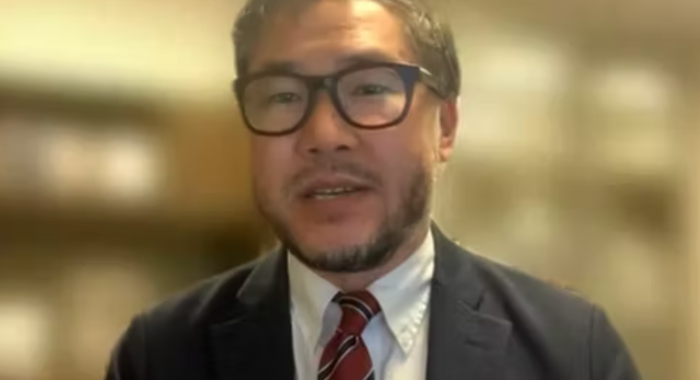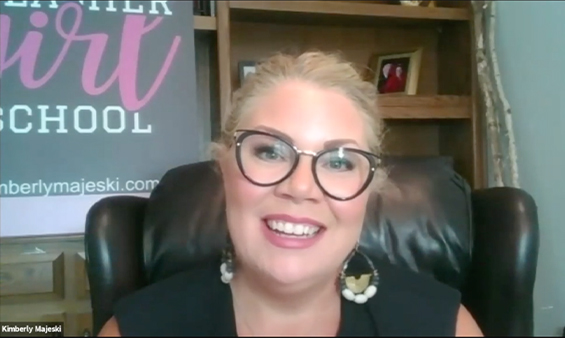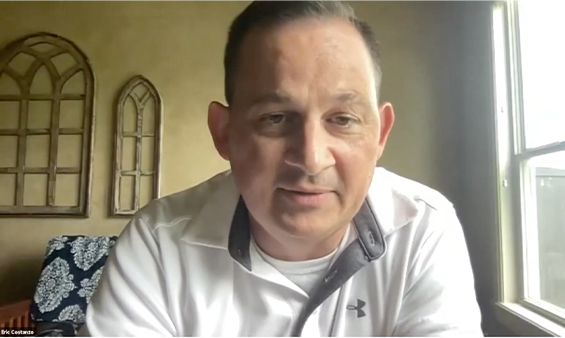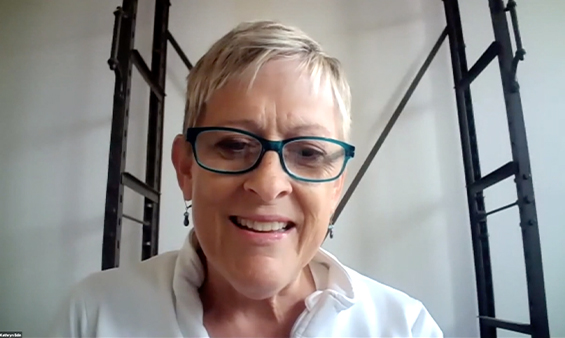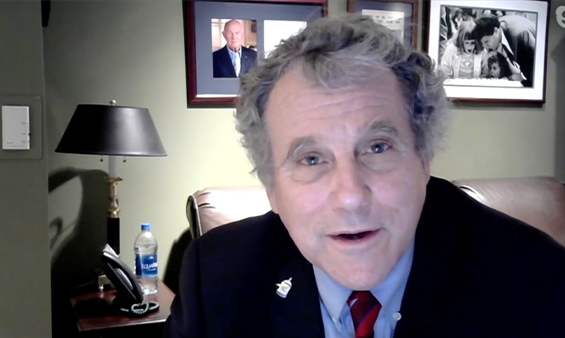
When used responsibly, credit can be a blessing. Banks, credit unions and other financial institutions play a vital role in the efficient functioning of a modern economy, contributing to the common good. The Bible offers these guidelines for honorable lending and borrowing:
- Don’t take advantage of the vulnerable.
- Don’t charge excessive interest.
- Lend generously.
- Avoid unnecessary indebtedness and default.
- Forgive debts that cannot be repaid.
- Bear one another’s burdens.
- Seek the common good.
When evaluated against these criteria, the current predatory payday and car title lending system falls far short and must be judged unacceptable. An industry that targets vulnerable people with a product that leaves many of its customers worse off does not contribute to the common good.
The National Association of Evangelicals (NAE) brings together 40 evangelical denominations with more than 45,000 congregations, and millions of constituents. We have seen the devastation that predatory lending has wrought in too many communities.
In 2014 the NAE adopted a resolution calling on the Consumer Financial Protection Bureau (CFPB) “to investigate predatory lending abuses and to establish just regulations that protect consumers, particularly the most poor and vulnerable, from exploitation.” We are grateful to the CFPB for heeding this call and for proposing a rule today that attempts to rein in some of the worst abuses. We hope the final rule will be strengthened to be free of loopholes that lenders may exploit to continue abusive practices. We look forward to studying the rule and offering input during the comment period.
The NAE has joined with leaders of other churches, denominations and faith-based organizations to establish Faith for Just Lending, a broad coalition of faith groups including many who are represented here today. Our Statement of Principles, which is available at LendJustly.com, calls on government to prohibit usury and predatory or deceptive lending practices.
In partnership with LifeWay Research, we conducted a national poll of Christians who live in the 30 states that allow predatory payday and car title lenders to operate freely. We found that:
- 94 percent agreed that lenders should extend loans at reasonable interest rates and based on the borrower’s ability to repay;
- 86 percent believe that laws or regulations should prohibit lending at excessive interest; and
- 80 percent believe that laws or regulations should protect borrowers from loans that cannot be repaid.
While today’s rule is an important step forward, addressing underwriting standards and abusive loan frequencies, the CFPB is statutorily prevented from undertaking one of the most needed reforms: an interest rate cap that would prohibit usury. That is a role that falls to Congress and to state legislatures. Through the Military Lending Act Congress has already instituted a 36 percent rate cap on loans to service members. Congress should extend this important protection to all Americans. States that currently do not regulate interest rates can learn from the example of those that do.
For our part, evangelical churches will continue to provide charitable assistance to those most in need, for whom loans of any kind are inappropriate. And we will continue to advocate for fair and just regulation of loans so that, when credit is made available, it is offered under terms and conditions that allow borrowers to resolve their problems, rather than become more deeply mired in them.



 View All Updates
View All Updates 











